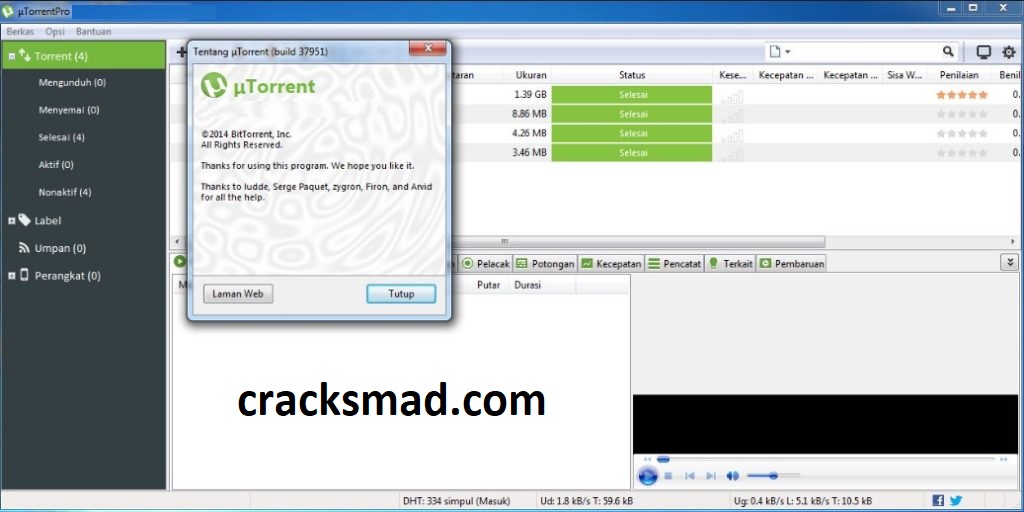

There are both free and paid VPN services that allow p2p traffic. It should be pointed out that, unless you use a VPN (with server speeds similar to your home connection), you most likely won't see the same download speed as you saw during the setup guide speed test. If your ISP doesn't see torrent traffic, your connection shouldn't be limited. A Virtual Private Network (VPN) is a service that will encrypt your internet connection, allowing you to remain anonymous while online. Whichever it is, using a quality VPN service will eliminate any interference with your download speeds. Sometimes this slows down your download speeds all together, other times you may only experience slower connections during certain times of the day. Most, if not all ISPs have some kind of system in place to limit or throttle p2p (torrent traffic). Here, I am considering the most popular and widely used torrent client, BitTorrent. But, there are many important tweaks and configuration available in Torrent clients that help you boost the torrent downloading speed. It increases speed (as we get many downloading servers at once) and provides continuous download (for popular torrents). Torrent download speeds can be increased by practicing basic Internet speed habits, though you can also modify your torrent client's. This wikiHow teaches you how to increase the download speed of a torrent.


These are labelled slightly differently depending on the client. Various configurations can be set here to speed up torrent downloads. Your BitTorrent client's settings options will let you specify figures for maximum connections and slots.


 0 kommentar(er)
0 kommentar(er)
